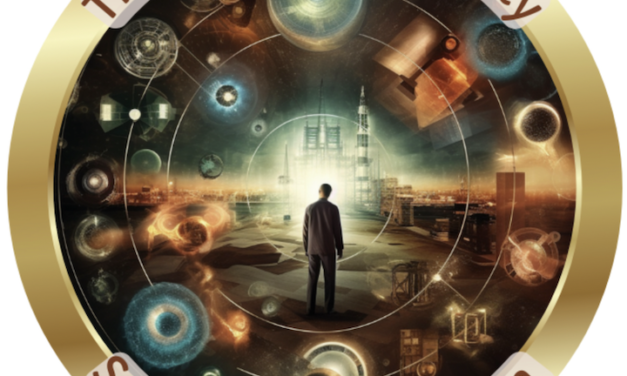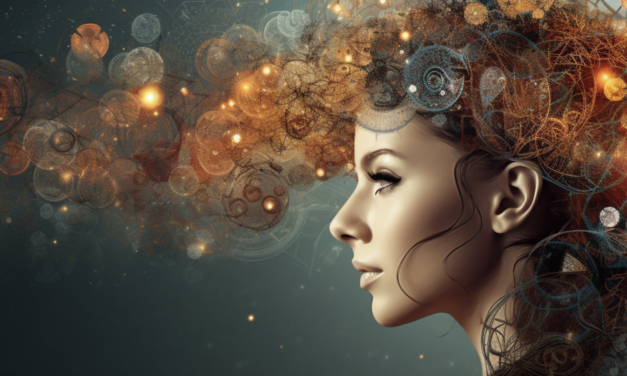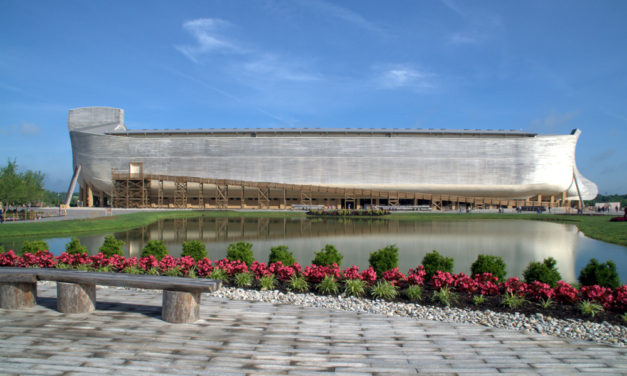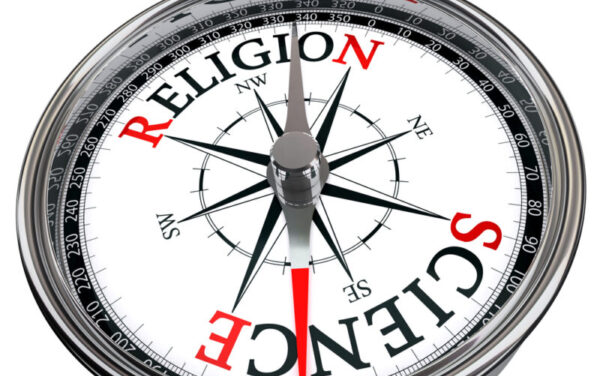Resources: Scientific Naturalism
Resources on the page concern the philosophical position of scientific materialism, which asserts that the physical world is the ultimate reality and that physical processes can explain all phenomena. After our discussions on the mind and AI, we can explore different philosophical perspectives on the nature of reality and the limitations of scientific materialism in explaining subjective experiences, consciousness, and spirituality.
Read More





